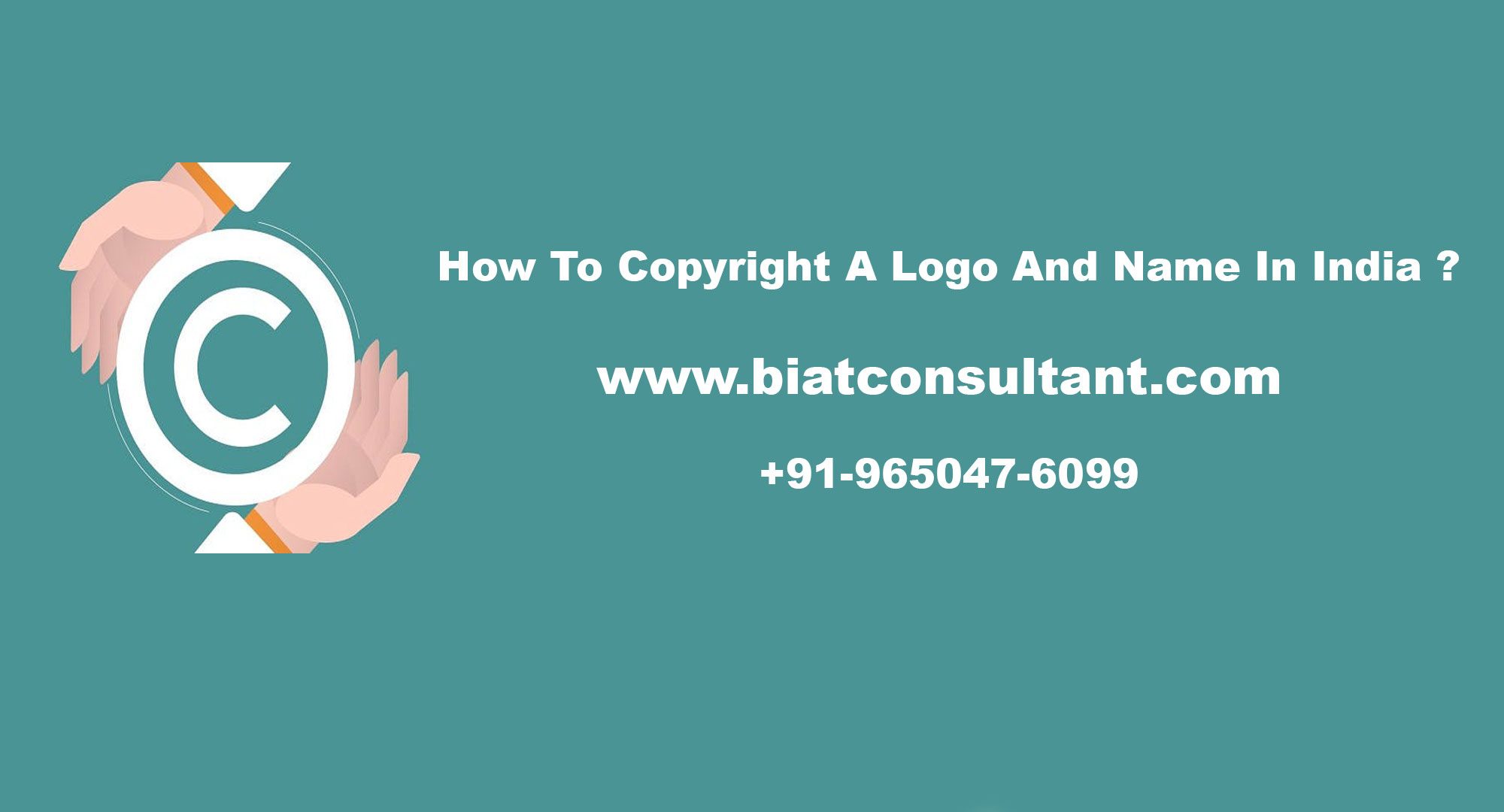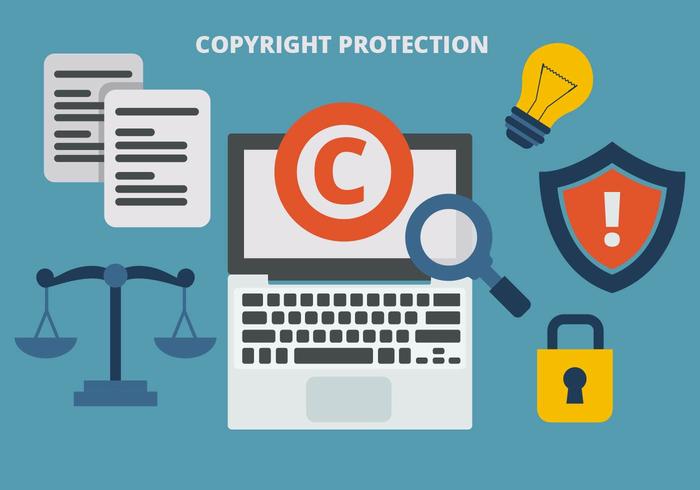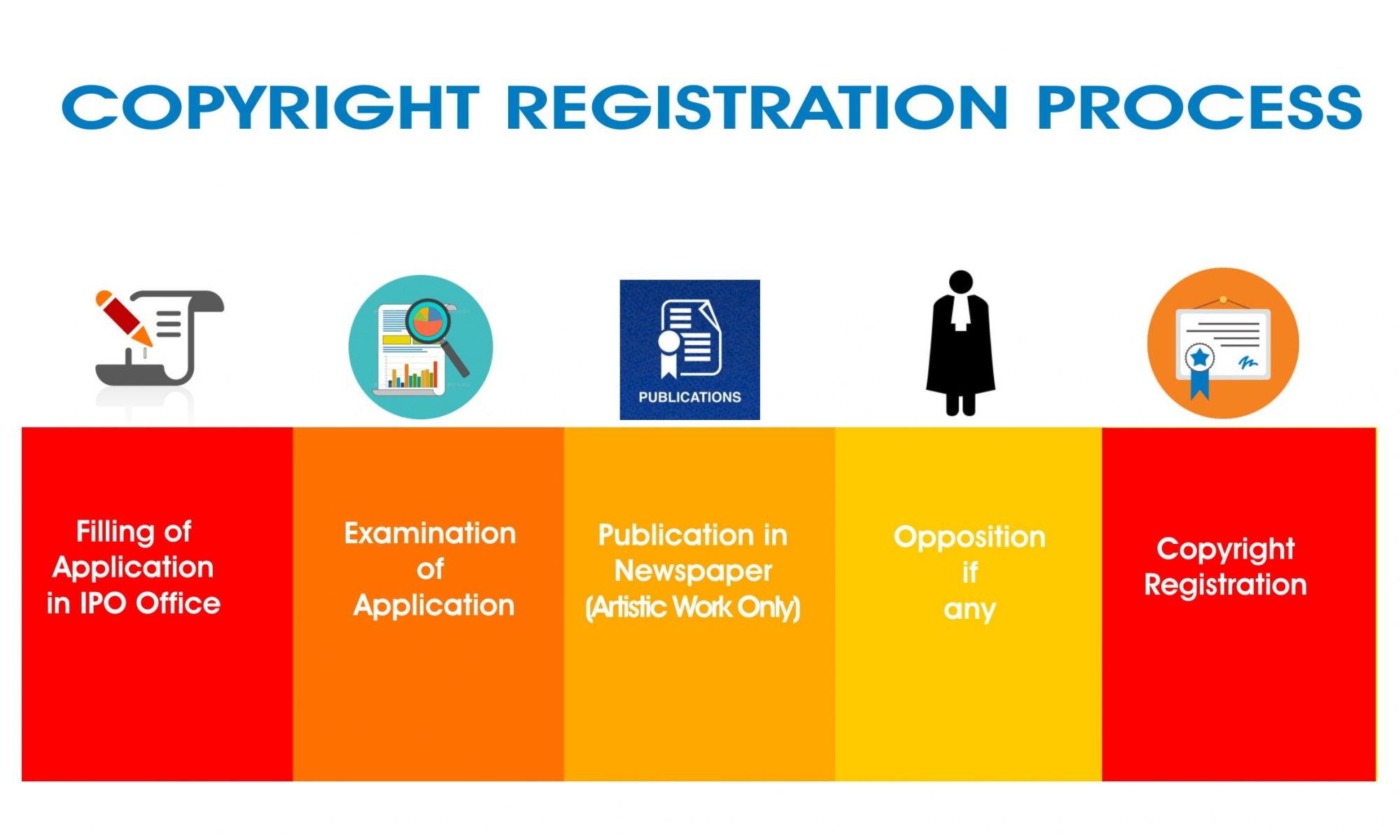Can you Copyright a Recipe?
Yes sure, Recipe can be in various forms- from Grandma’s best chocolate cookies ever to that world renowned chef secret signature sauce that no one is able to figure out.
Here are the steps which you may or may not know about what it takes to copyright a recipe.
Ingredients of a copyright?
General copyright law protects any original work that are in tangible forms of expression such as Books, a script, or a CD. while these categories are broad, there are many categories of material that cannot be copyrighted.
Things that can’t be copyrighted includes work that are not in tangible forms, such as Ideas cannot be copyrighted, and things that are considered as common property with no originality ( basic instruction on how to boil water, for one or standard calendar).
A Pinch of Creativity
Copyrights are meant to protect original, creative works. The courts are split on whether or not ba recipe is considered as creative. Or rather, whether recipes are sufficiently creative enough to warrant protection under copyright law. Some may see recipes as just a listed process for how to make an edible item, rather than an expression of an artist 9 i.e. the chef or cook) and her activity and passion for food.
To what extent individuals recipes are actually protected are not entirely clear. However, recipes book or collection of recipes are more likely to receive copyright protection as they are in tangible form and can be considered an original, creative work.
For that one single, delicious, ( and uniquely brilliant, expressive etc.) recipe that you are holding onto, however it’s unfortunately not going to receive much protection if you attempt to secure a copyright for it. You may want to hold onto it for now, and revisit the copyright issue once you have a collection of recipes you are ready to dish out to a public.
BIATLegal can help people to help out to find out the literary, artistic, dramatic or musical work that can be copyrighted and can help in its registration.





